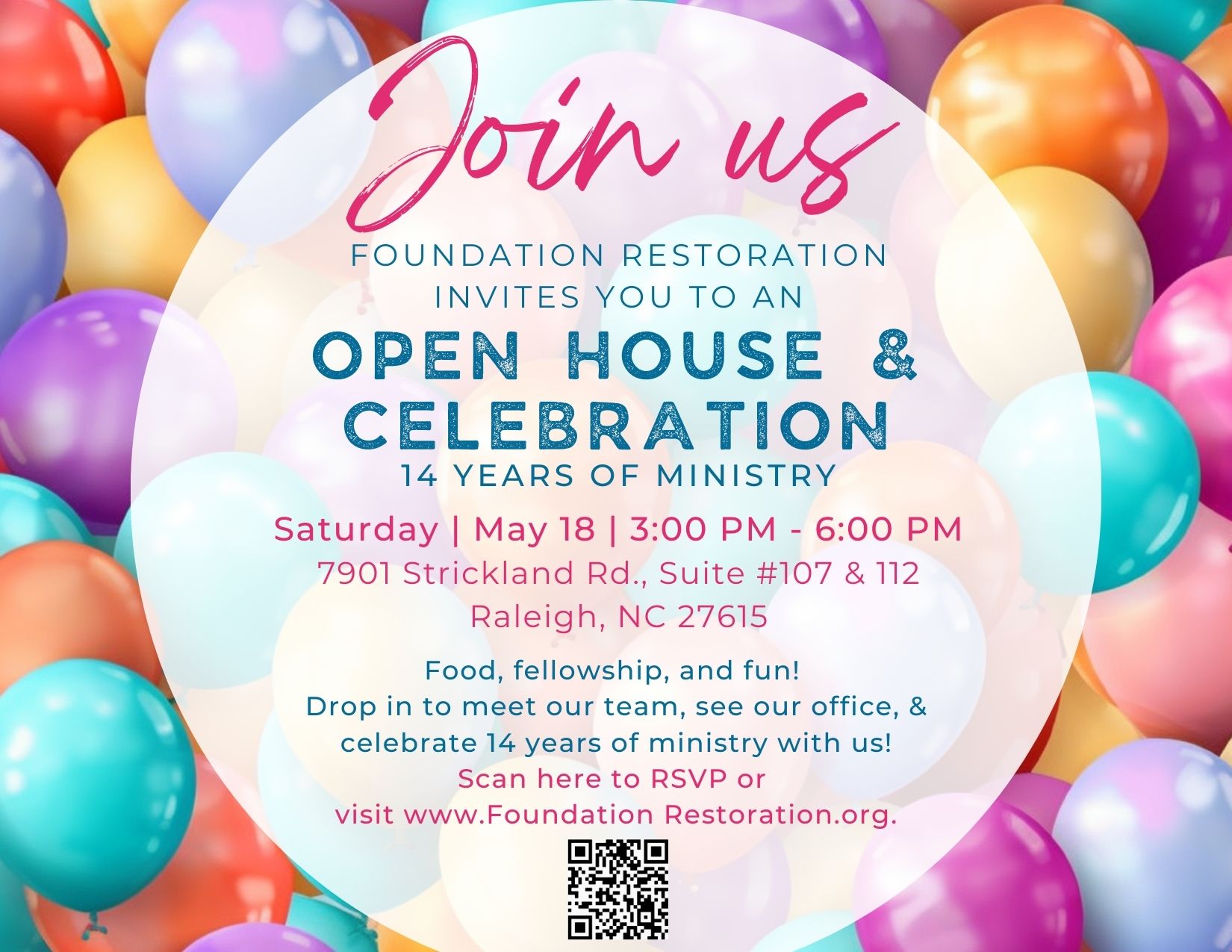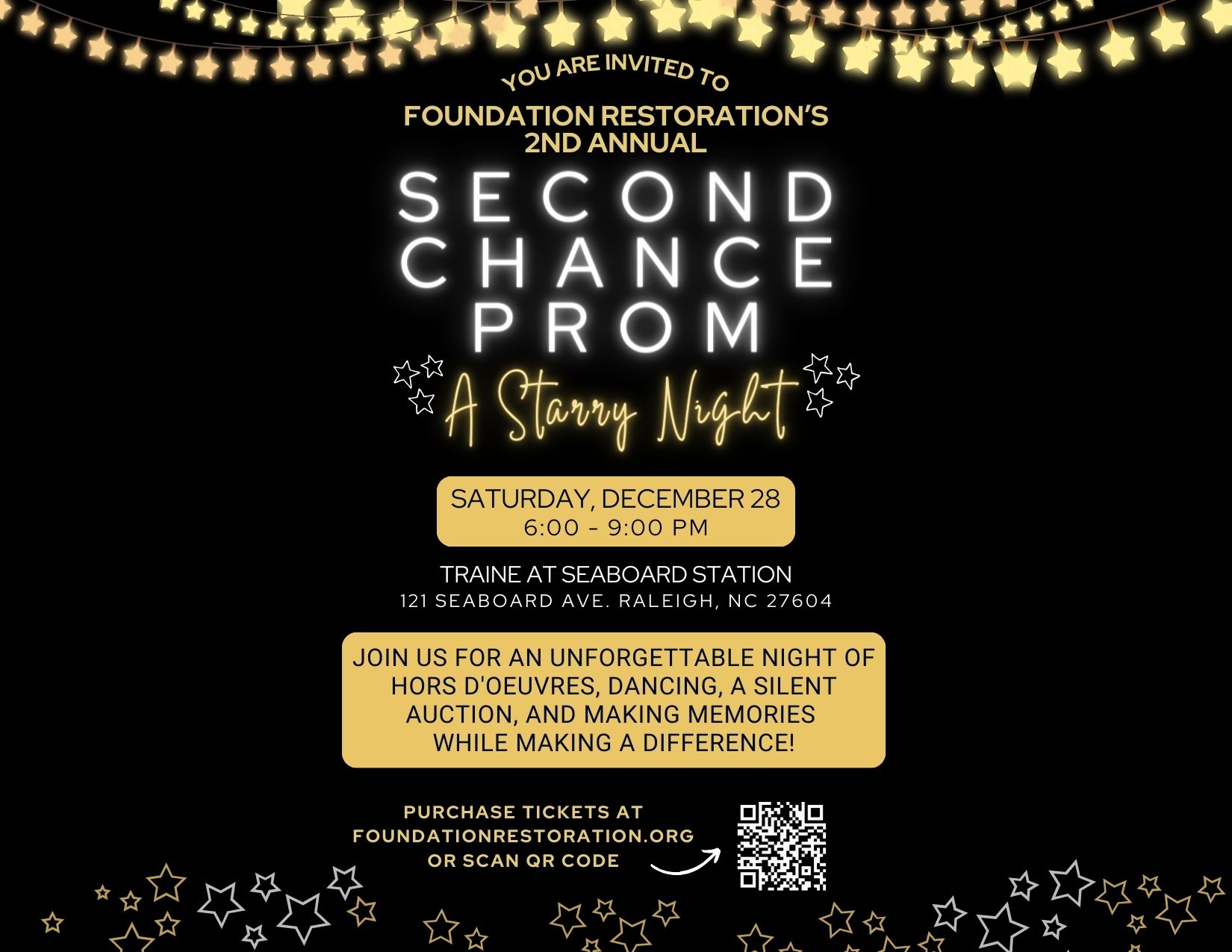By Coleen York
There’s no denying our lives revolve around relationships. It’s the way we were created: to be in relationship first with God, and then with others. There’s something circuited into the heart of every one of us that yearns for fellowship, for communication and understanding.
But for years I thought that in order to be a good friend, girlfriend, employee, or (insert relationship title here) it meant that I would accept responsibility for things that were not exactly my fault. I mean, Jesus said blessed are the peacemakers right? So that must mean that I need to swallow all emotions in order to show love, to show that their feelings are greater than mine. Even if I was right. But then there were times when I would run to the other end of the board, unwilling to surrender because I knew I was right. Neither are healthy options.
The problem is, it’s not actually about being right. It’s not about being wrong either. It’s about communicating our emotions and feelings in a productive and healthy way.
I know for many of us the word “communicating” is on par with words like “root canal,” “strange and unusual punishment,” and “welcome to World War III”. Communication is not synonymous with fighting, though sometimes I think that’s what we assume. And well, it can turn into that depending on your approach.
Do you approach a conversation (whether it is a “tense” one or not) with the motive of proving that you are right? That your feelings on the matter are more important or absolute than your counterpart’s? Are you only listening so as to know how to formulate your next point or argument? Are you only listening so you can offer your wisdom and insight into the matter?
We need to start listening differently.
Proverbs 3:5 states that we are not to lean on our own understanding. From experience, this is tough. After all, I am an expert in what I think, what I feel, and what I understand to be true based on my own experiences. Unfortunately, when you are trying to understand and communicate with another person, this is not sufficient information. We must get outside our understanding because we are not trying to understand ourselves.
The problem is: understanding doesn’t just happen. It takes hard work and effort. It’s easy to understand how you feel about something. It’s not as easy to lay those feelings aside and earnestly go after understanding why the other person feels the way they do. It is not about being right or campaigning for your position. It is about understanding.
True understanding takes work. It means you need to acknowledge the other person’s experience and not your own. I’ll say it again: this is not about agreeing or disagreeing; it’s about understanding. It also means not jumping ahead of them when they are trying to communicate. It means asking open-ended questions about what is going on to topple their anxiety and diffuse your own defenses. Questions are not to push them into seeing it your way or to trap them into answering something wrong. It’s to help you better understand each other.
If you truly want to ensure that you comprehend where your partner is coming from, summarize what they have said. Sometimes we hear and infer things that they have not said based on our own position and sensitivities. It’s important that we hear what they actually said and meant, versus what we think we heard them say.
They are not out to get you or fill your life with drama. Keep in mind the point is to love them, not to fix them or help them see the “error” in their ways. The bottom line is: seek to understand their heart first.
Proverbs 4:5 says we should seek wisdom no matter the cost. What are you willing to sacrifice in order to take care of the relationships God has given you? To what end will you go to obtain wisdom and understanding into their hearts?
It’s challenging, but communication is key in all relationships, romantic or platonic. Misunderstandings can leave rifts. But, by showing that you care more about understanding the person’s feelings than being “right,” rifts can be mended, fights can be stopped before they start, and your relationship will grow in intimacy, becoming a place where it is safe to express yourselves.
Let’s start listening differently. It’s time we improve the silence.
Copyright © 2012, Foundation Restoration. ALL RIGHTS RESERVED. No reproduction allowed without written permission from Foundation Restoration and/or the author.






Thank you for this wise and timely counsel. After 22 years of marriage, there are times when I get frustrated in my marriage, because I am not right. Thank you for reminding me that I am to seek understanding. Thank you for reminding me that true love is about less of self. God bless you.
Carolina, thanks for taking the time to share your thoughts! We all need this reminder from time to time 🙂 God bless you too!
Thanks so much for this article! Boy did I need to hear that as a reminder! It is easy to lose focus in a discussion and then it turns into a self defense class against the person you love and you both end up hurting each other. It really helps to know that I am not the only one that has to keep my perspective straight. Others have the same issue too. It’s an art that requires much practice and with Gods help we can all have the productive happy mutually respecting relationships that we want and need. Thanks!
Erin, you are so right that it’s easy to slip into defense mode where nothing is produced but a lot of hurt. We all struggle with this, which is why we all have to work hard and ask God for His help to listen and seek understanding with our spouse. Thanks for sharing your thoughts!